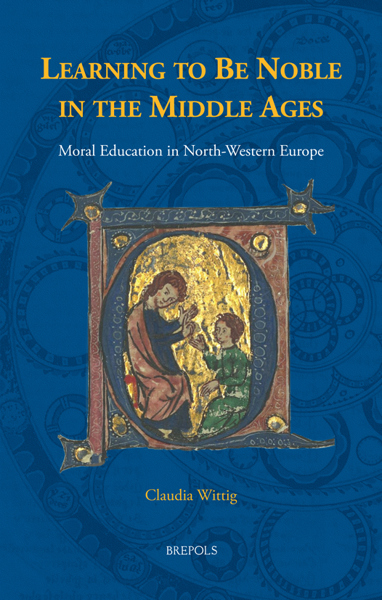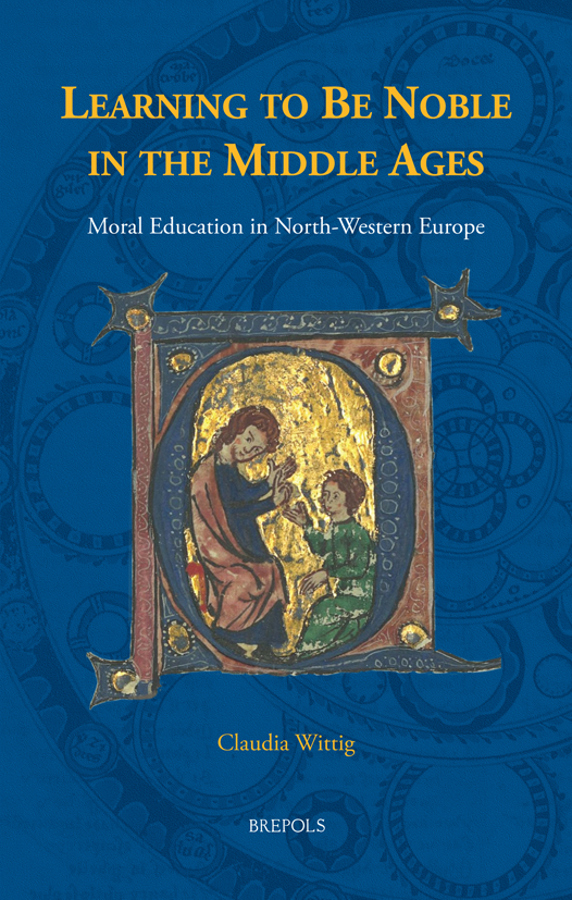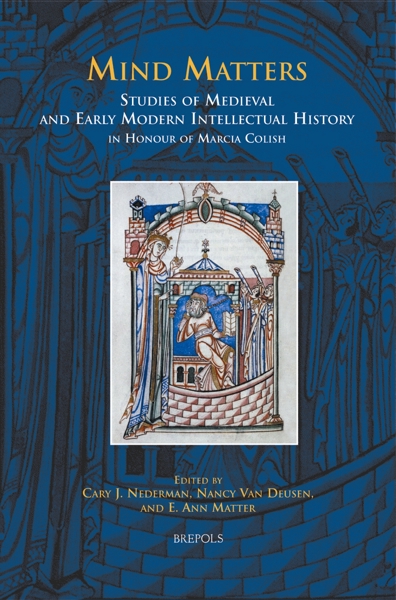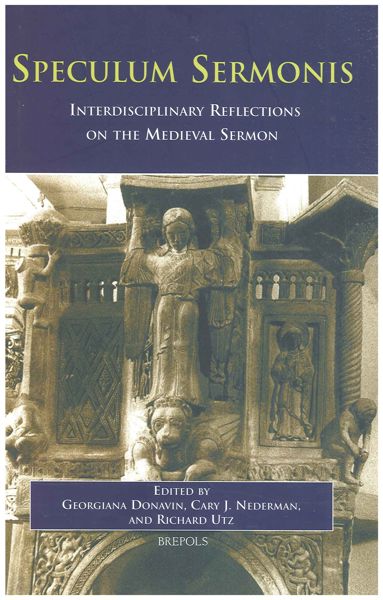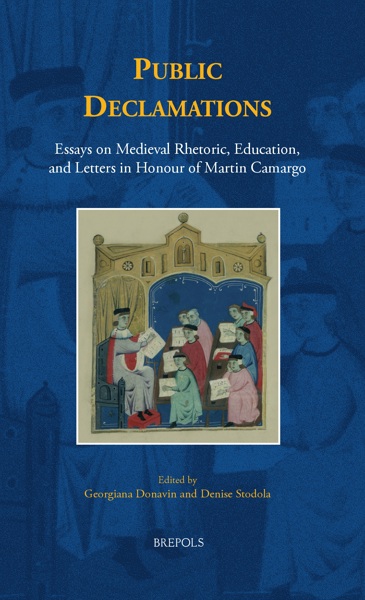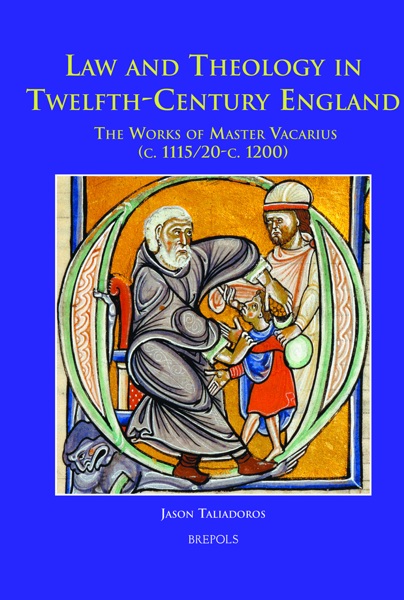
- Pages: 295 p.
- Size:156 x 234 mm
- Illustrations:4 b/w, 5 col.
- Language(s):English, Old French, Middle High German
- Publication Year:2022
- € 85,00 EXCL. VAT RETAIL PRICE
- ISBN: 978-2-503-59500-9
- Hardback
- Available
- € 85,00 EXCL. VAT RETAIL PRICE
- ISBN: 978-2-503-59501-6
- E-book
- Available
Explores the moral education of secular elites in North-Western Europe in the high medieval period.
“The material under discussion is complex, but Wittig’s accessible discussion of the social, ideological, and even textual underpinnings of moral education will certainly be of value to researchers and advanced students of elite culture writ large. By giving us a look under the hood, so to speak, of what it meant to be noble, Wittig makes a substantial contribution to the history of power as an aristocratic project.” (Erika Graham-Goering, in The Medieval Review, 04/05/2024)
"In definitiva, questo studio ha il pregio di esplorare diversi aspetti dei processi attraverso i quali veniva impartita l’istruzione morale e le regole di una buona condotta nella nobiltà del basso medioevo." (Tommaso Manzon, in Studi Medievali, 65/II, 2024, p. 977)
« On l’aura compris, l’un des principaux mérites de l’ouvrage est son érudition impeccable. (...) l’étude de C.W. s’impose par sa clarté et sa rigueur, et on ne peut que souhaiter de voir approfondir les questionnements qu’elle soulève.» (Amicie Pélissié du Rausas, dans Le Moyen Age, CXXX, 2024, p. 647)
Claudia Wittig specializes in the history of secular elites in high and late medieval Europe. Trained in both history and philology, her work explores the use of literature and language as a means to create identity and perform social status. She has worked at universities and research institutions in Germany, Denmark, Belgium, France and the United Kingdom.
This book explores for the first time the moral education of the Western European nobility in the high Middle Ages. The medieval nobility created and utilized values and ideals such as chivalry and courtliness to legitimize their exalted position in society, and these values were largely the same across Europe. Noble codes of conduct communicated these ideals in everyday interactions and symbolic acts at court that formed the basis of European courtly society. This book asks how noble men and women were taught about morality and good conduct and how the values of their society were disseminated. While a major part of moral education took place in person, this period also produced a growing corpus of writing on the subject, in both Latin and the vernacular languages, addressing audiences that encompassed the lay elites from kings to the knightly class, men as well as women. Participation in this teaching became a distinguishing feature of the nobility, who actively promoted their moral superiority through their self-fashioning as they evolved into a social class. This book brings together analyses of several major European didactic texts and miscellanies, examining the way nobles learned about norms and values. Investigating the didactic writings of the Middle Ages helps us to better understand the role of moral education in the formation of class, gender, and social identities, and its long-term contribution to a shared European aristocratic culture.
Introduction
- Nobility and Morality in the High Middle Ages
- Socio-Cultural Shifts in the High Middle Ages
- Learned Discourses of Virtues and Values in the West
- Moral Discourse in the Vernacular Languages
- Research into Medieval Aristocratic Ethics
- The Contribution of this Book
- Teaching the Noble Child
- Lifelong Learning
- Didactic Communities
- Conclusion
- Teaching and Authority
- Letters – Letter Books – Treatises
- Dialogues and Monologues
- Conclusion
- The Court Criticized – The Court Idealized?
- The Court as a Formative Environment
- The Court as a Communicative System
- Conclusion
- Aims of Instruction
- Ideals of Medieval Aristocrats
- Nobility in the Order of the World
- Conclusion
- The Primacy of Poetry and the Truth of Prose
- Structuring Knowledge: From Florilegium to Encyclopaedia
- The Codex Speaks
- Conclusion
Bibliography
Index
